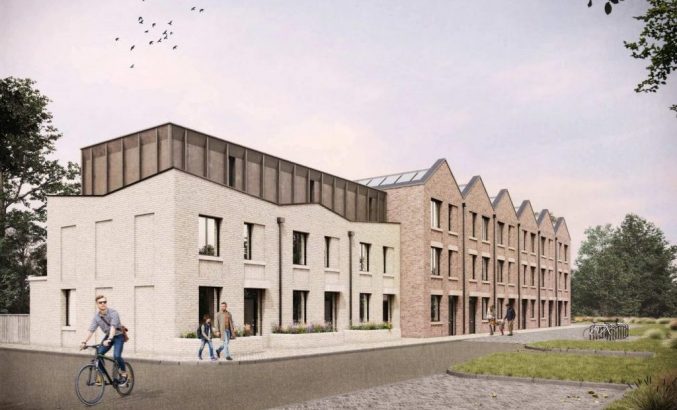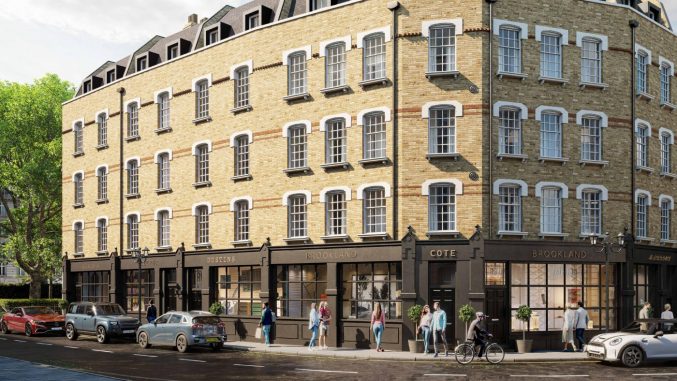Borrowers need to think like a lender when analysing a property development deal
By Roxana Mohammadian-Molina
When it comes to getting development finance, it pays to think like a lender: assess deal parameters, analyse loan metrics and affordability, evaluate risk factors and appraise the exit strategy like a lender.
There is one thing all lenders have in common when deciding to lend on a property project: they all want to get repaid and get repaid on time.
So, by thinking like a lender and by looking at a deal like a lender, borrowers will be in a much better position to get through the door when requesting a loan.
Here, we discuss how to think like a lender on four key deal points:
How to think about the numbers like a lender?
How much are you paying to buy the land or the property? How much is your build cost? What is the end value of your project (Gross Development Value or GDV)? How much are you looking to borrow?
For how long are you looking to borrow the funds? All those are the type of questions that a lender will ask in order to determine whether a deal ultimately stacks up.
In summary, will the borrower be able to deliver the project in the timeline expected, sell or refinance the project, repay the lender and walk away with a nice juicy profit in the back-end?
How to think about the experience like a lender?
Are you looking to build 56 apartments from the ground up with no previous experience, or are you looking to build those apartments having delivered similar projects in the past?
Are you looking to buy a small terraced house and carry out some light refurbishment, or are you looking to build 5 detached houses on a piece of land?
Do you have any previous experience in the property sector? If not, are you partnering up with someone who has previous experience in the property sector?
Perhaps you have been a contractor working on property projects for years and are now looking to carry out your own project?
All those are the type of questions that a lender will ask in order to determine the borrower’s experience?
In summary, will the borrower be able to deliver the project to the standards they are aiming to deliver it?
Lenders know that in property, there will always be unexpected problems, but if the borrower has enough experience, they will be able to solve those problems and deliver.
How to think about the risk like a lender?
Is the product liquid enough? Is there enough demand for the product the borrower wants to build?
What happens if the market slows down moderately (scenario 1) or sharply (scenario 2)?
Does the borrower have enough experience to deliver the project? Is there any risk in the team the borrower is employing to deliver the project? Does the borrower have ‘skin in the game’?
All those are the type of questions that a lender will ask in order to assess the risks of the deal? Let’s face it, all deals have risks, no risk no gain.
The key question is to have everything in place in order to be able to mitigate those risks, whatever the risks may be.
How to think about the exit strategy like a lender?
Are you looking to build 78 apartments in a Happisburgh, or are you looking to build 3 detached houses in Happisburgh?
Are you looking to build a detached house with a £5m GDV in Norwich or are you looking to build 3 detached houses with £300,000 GDV each in Norwich? How liquid is the market you are building into? What are the local infrastructures? Who are the large local employers? Are there any large universities or colleges? Are there large hospitals, airports, amazon warehouses?
All those are the type of questions that a lender will ask in order to determine the risk at exit of the deal?
In summary, will the borrower be able to sell at the price they wish to sell or will they be able to refinance and repay us back?

Roxana Mohammadian-Molina is chief strategy officer at Blend Network, which provides development finance and bridging loans to experienced small and medium (SME) property developers across the UK regions.











You must be logged in to post a comment.